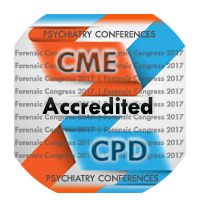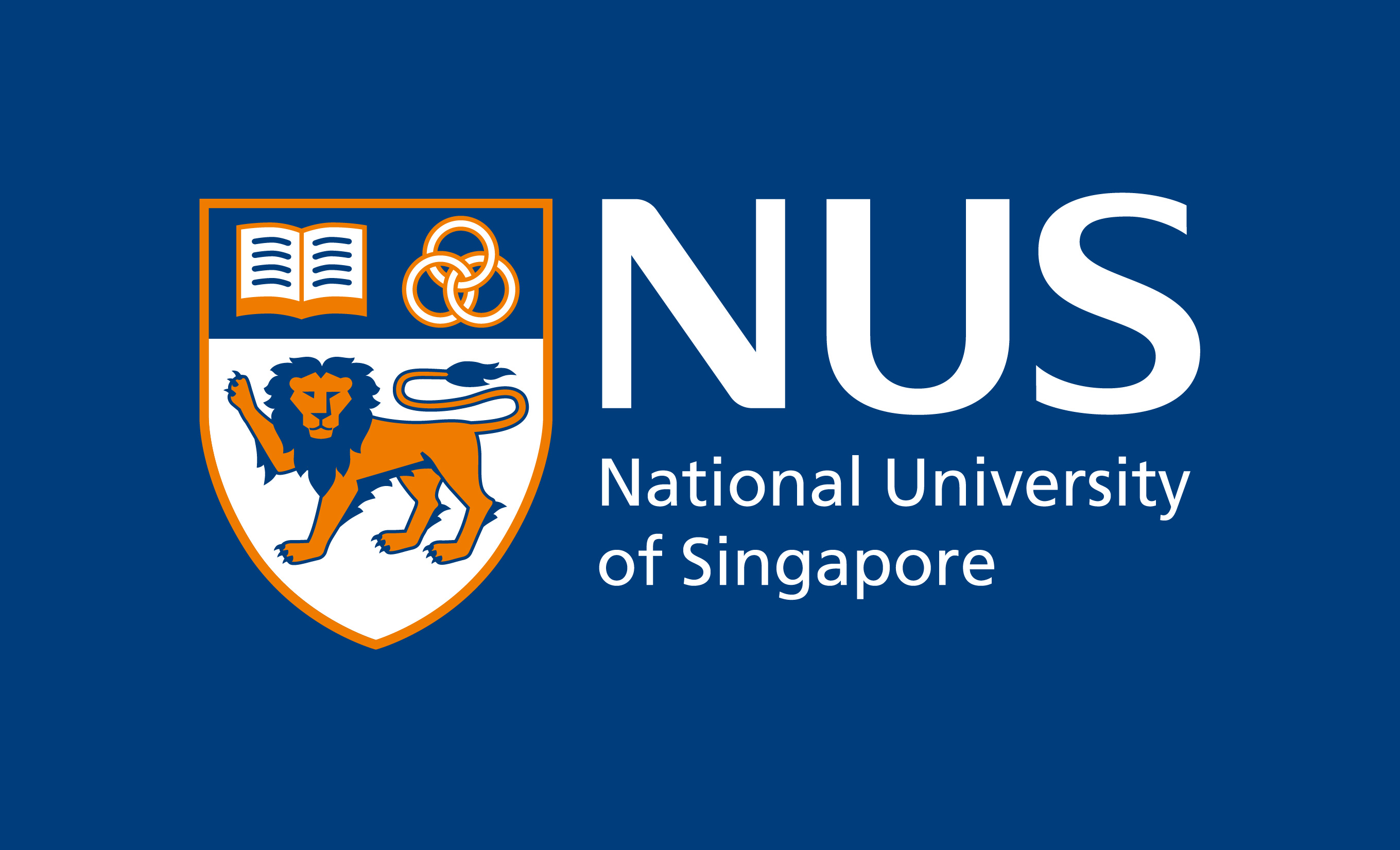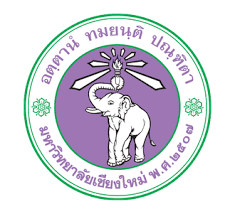Day 1 :
Keynote Forum
David Truswell
PLIAS Resettlement, UK
Keynote: The phoenix project - assisting women involved in the criminal justice system into work, education and training
Time : 9:30 to 10:00 AM

Biography:
David Truswell has worked in community based mental health services in the UK for over thirty years developing services for people with complex care needs and enduring mental health problems including a forensic history in a career spanning the Voluntary Sector, Local Authority Services, and the NHS at a senior level. He has two Master’s level degrees, including a distinction level MBA. He is currently Chair of PLIAS Resettlement, a not-for-profit organization based in London working with offenders and ex-offenders to help improve life skills and self-confidence and reduce re-offending. He has written several articles on the issues faced by Black, Asian and minority ethnic communities in the mental health system.
Abstract:
The presentation is a summary overview of a three-year project delivered by PLIAS Resettlement, a UK not for profit organization working with offenders and ex-offenders. The Project was designed to address some of the shortcomings in the services and support for women in the criminal justice system identified in the Review of Women with Vulnerabilities in the Criminal Justice System by Baroness Corston in the UK in 2007. This involved developing and delivering a programme of personal development, vocational and soft skills for women who had criminal convictions, mental health difficulties or substance abuse issues and who originated from a Black, Asian or minority ethnic background. The project worked with 20 women per year with the goal of achieving a 75% success rate in getting programme graduates into paid work, education or training or voluntary work. The project worked through building confidence, skills and worked to improve family relationships. Group workshops, individual goal planning sessions and personal mentoring was central to the operation of the programme. The development of network links with a wide variety of local organizations helped to provide a wide range of work and trainingn opportunities for the programme candidates. The presentation explores the factors that contributed to the programmes success in achieving its goals and identifies recommendations for further progress using the Phoenix Project approach.
Keynote Forum
Prerna Kohli
Aligarh Muslim University, India
Keynote: Psychosomatic mental health issues in tihar jail male inmates (ages 18-24)
Time : 10:10-10:50

Biography:
Prerna Kohli is a 100 Women Achievers Award Winner (2016) from the President of India, Mr. Pranab Mukherjee. She is a Clinical Psychologist, a Public Speaker, a Workshop Facilitator and a Holistic Practitioner. She offers heart-based workshops and lectures that focus on Life Balance, Self-awareness, and Inner Peace. She blends intuitive wisdom with a solid understanding and believes that “You can talk with a close friend or relative about what’s troubling you, yet it’s not the same as a professionally- trained experienced Psychologist who knows exactly what kind of help you need." Most of all, she creates a powerful holistic approach, specializing in the areas of emotional change. With over 20 years of experience, she has been providing families, individuals, parents and children counselling on being happy. Working with prison inmates is one of the numerous ways through which she repays her gratitude to the society, which has given her the opportunity to heal thousands of persons.
Abstract:
Keynote Forum
Lucy Love
Mountain Health Care, UK
Keynote: Rapid access to talking therapies from the SARC, through partnership working and the use of screening tools
Time : 11:05-11:45

Biography:
Lucy Love is the Assistant Medical Director for Mountain Healthcare, a major provider of forensic medical services for complainants of sexual assault in the UK. She has been a Sexual Offences Examiner for 20 years, including the evaluation of child sexual abuse and regularly appears in court as an expert witness. She is a recognized trainer of Sexual Assault Nurse Examiners and Paediatric Medical Examiners in the UK and is an accredited Psychosexual Therapist in Kent.
Abstract:
Sexual violence may have a negative psychological impact on the victim. Some survivors will in time recover whilst others will go on to develop PTSD or suffer long term psychological sequelae, such as depression and anxiety. The Kent SARC, in conjunction with the Kent Mental Health Partnership Trust have developed a screening tool for nurses and crisis workers to assess which survivors are at risk of psychological harm and might benefit from rapid access to talking therapies, including EMDR. The screening tool and the pathway to permit rapid access to talking therapies is discussed and an early data set presented for patients treated through this pathway.
Keynote Forum
Sally F Kelty
University of Canberra, Australia
Keynote: Dismantling the justice silos: flowcharting the role and expertise of forensic science, medicine and law in adult sexual assault investigations
Time : 11:45-12:25

Biography:
Sally has three areas of research interest. She has a published track record in each interest area – the association between urban design of the built environment and various impacts on health and wellbeing, such as increases and decreases in social cohesion, physical activity decision-making, delinquency and adolescent obesity; the psychological profiles of emotionally resilient emergency management, defense, forensic science and police practitioners after repeated exposure to occupational stressors and critical incidents as part of their work. This work is specifically interested in stress management and resiliency in these highly stressful occupations; and interagency collaboration in serious criminal investigations. This research looks at how police and lawyers use forensic science, forensic psychiatry and psychology, and forensic medicine in serious criminal cases. This research has a specific aim to discover how well understood the various forensic health disciplines are to police, lawyers and judges and to look at ways to make valuable expertise more readily understood and utilised in the criminal justice system
Abstract:
Keynote Forum
Catherine So-Kum Tang
National University of Singapore
Keynote: Depression and impulsivity mediating the relationship between social anxiety and Internet addiction

Biography:
Abstract:
Keynote Forum
Veena Kumari
Sovereign Health Group, USA
Keynote: Neurology of Violence in Schizophrenia and Antisocial Personality Disorder : The Role of Childhood Abuse
Time : 12:50-13:15

Biography:
Abstract:
Keynote Forum
Toshiko Sawaguchi
National Institute of Public Health, Japan
Keynote: Accession to Persona and Mind without pharamaceuticals-approach under the load of trauma

Biography:
Abstract:
- Neuropsychiatry | Mood Disorders | Psycho-Oncology | Forensic Science | Forensic Psychiatry | Forensic Psychology
Location: Johnson

Chair
David Truswell
PLIAS Resettlement, UK

Co-Chair
Toshiko Sawaguchi
National Institute of Public Health, Japan
Session Introduction
David Truswell
PLIAS Resettlement, UK
Title: The phoenix project - assisting women involved in the criminal justice system into work, education and training
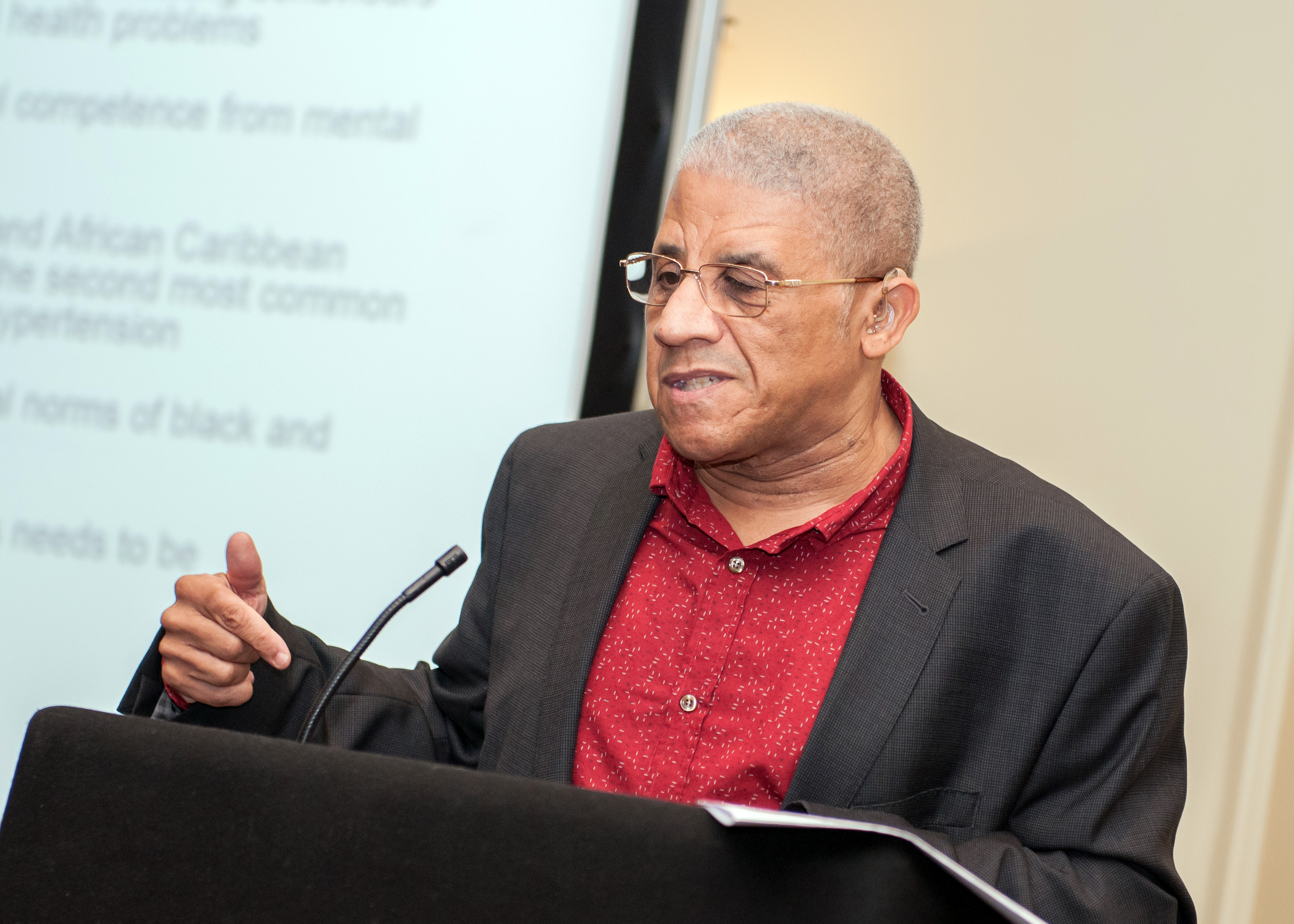
Biography:
Abstract:
Prerna Kohli
Aligarh Muslim University, India
Title: Psychosomatic mental health issues in tihar jail male inmates (ages 18-24)
Biography:
Abstract:
Lucy Love
Mountain Health Care, UK
Title: Rapid access to talking therapies from the SARC, through partnership working and the use of screening tools

Biography:
Abstract:
Sally F Kelty
University of Canberra, Australia
Title: Dismantling the justice silos: flowcharting the role and expertise of forensic science, medicine and law in adult sexual assault investigations

Biography:
Abstract:
Catherine So-Kum Tang
National University of Singapore, Singapore
Title: Depression and impulsivity mediating the relationship between social anxiety and Internet addiction

Biography:
Catherine So-Kum Tang is a Professor in the Department of Psychology and the Deputy Director of the Center for Family and Population Research at the National University of Singapore. She obtained her PhD in Clinical Psychology at the University of North Texas USA and LLB at the University of London UK. She is a member of the Editorial Board for Sex Roles: A Journal of Research; Applied Psychology: Health and Well-Being; International Perspective in Psychology: Research, Practice, and Consultation; International Journal of Stress Management; and Asia-Pacific Journal of Counseling. She has over 300 peer-reviewed academic publications, books, book chapters, and academic conference presentations on addictive behavior, violence against women, trauma psychology, and health psychology.
Abstract:
Toshiko Sawaguchi
National Institute of Public Health, Japan
Title: Accession to Persona and Mind without pharamaceuticals-approach under the load of trauma

Biography:
Toshiko Sawaguchi, M.D., Ph.D., L.B.A Research Managing Director, National Institute of Public Health, Ministry of Health Labour & Welfare, Saitama, Japan since April 2017(Life Health Promotion, Maternal & Child Health)Visiting Professor, Showa University School of Medicine, Tokyo, Japan Forensic and Paediatric Forensic Pathology and Clinical Forensic Medicine for more than 25 years, child health and paediatrics for 10years.
Abstract:
Veena Kumari
Sovereign Health Group, USA
Title: Neurology of violence in schizophrenia and antisocial personality disorder : The role of childhood abuse

Biography:
Abstract:
Mental health problems have a direct relationship with violent offending in that people with a diagnosis of antisocial personality disorder (ASPD) and a proportion of those with a diagnosis of schizophrenia are at most risk of committing violent crimes. Individuals who as children experienced psychosocial adversity, in particular sexual or physical abuse, are known to have a heightened risk of developing mental disorders, and although the majority of these do not commit any violent offences as an adult, they are on average more likely to engage in violent crimes than those who did not experience abuse. A number of studies indicate a range of common and distinct neuropsychological deficits in groups of offenders with schizophrenia-alone, APD-alone or with comorbid schizophrenia and ASPD. Violent mentally-disordered individuals with ASPD or schizophrenia also display an array of structural and functional deficits in brain regions that are widely implicated in regulation of violence through their involvement in decision-making, empathy, impulse control and emotion regulation. Some of these abnormalities in violent mentally-disordered offenders appear to be explained by their histories of stressful childhood experiences. Current and future therapies aiming to reduce violence in such populations would benefit by attending to biological and behavioural correlates of childhood abuse.
Matthew Rinaldi
King’s College London, UK
Title: Hospital admission for severe paediatric dissociative disorder

Biography:
Abstract:
Cris Coconcea
Christiana Care Health System, USA
Title: Catatonia: A “Frozen Condition?â€: Case reports, literature review, and suggested treatment algorithm

Biography:
Abstract:
Yuan Zhou
Chinese Academy of Sciences, China
Title: Abnormal social interactive behavior in major depressive disorder

Biography:
Abstract:
- Special Session
Location: Johnson
Session Introduction
Mark Benecke
International Forensic Research & Consulting, Germany
Title: Two homosexual pedophile sadistic serial killers: Jurgen Bartsch (Germany, 1946 - 1976) and Luis Alfredo Garavito Cubillos (Colombia, 1957)

Biography:
Mark Benecke is head of International Forensic Research & Consulting. He works internationally as a forensic expert on complex cases (blood, DNA, insects). In Germany, he is a Certified and Sworn In Expert for Biological Stains.
Abstract:
- Psychiatry and Behavioural Science | Psychosomatic Disorders | Psychopharmacology | Somatoform Diseases | Forensic Medicine | Forensic Mental Health | Anthropology | Victimology
Location: Johnson

Chair
George Tolomiczenko
University of Southern California, USA

Co-Chair
Samuel Ho
City University of Hong Kong, Hong Kong
Session Introduction
Toshiko Sawaguchi
National Institute of Public Health, Japan
Title: Latent forensic pitfall associated with substancial toxicological problem in the maternal and child health in japan

Biography:
Toshiko Sawaguchi,M.D.,Ph.D.,L.B.A Research Managing Director, National Institute of Public Health,Ministry of Health Labour & Welfare,Saitama,Japan since April 2017(Life Health Promotion,Maternal & Child Health)Visiting Professor, Showa University School of Medicine,Tokyo,Japan Forensic and PediatricForensic Pathology and Clinical Forensic Medicine for more than 25 years,child health and pediatrics for 10years.
Abstract:
Priyanka Patil
SUNY Upstate Medical University, USA
Title: A complicated presentation of acute psychosis in a young adult

Biography:
Priyanka Patil is a third year Psychiatry Resident at SUNY Upstate Medical University, Syracuse New York, USA
Abstract:

Biography:
Sinem Yildiz Inanici is presently working as Assistant Professor at Marmara University in Turkey.
Abstract:

Biography:
Tariq Allauddin Munshi is currently working as an attending Psychiatrist in the Department of Psychiatry at Queen’s University & has been given the rank of an Associate Professor. His current responsibilities are working with the Assertive Community Team; managing beds in the acute adult inpatient unit at Kingston General Hospital. His responsibilities in the department are administrative, research, teaching and providing clinical service. The areas of interest are newer antipsychotics, clozapine, metabolic syndrome, quality improvement and mental health act.
Abstract:
George Tolomiczenko
University of Southern California, USA
Title: Immersive virtual reality: A P4 framework for psychosomatic disorders

Biography:
George Tolomiczenko has experience as a Clinician, Researcher, Teacher and Administrator, which helps him in his Administrative Director role to guide and run the Health, Technology and Engineering program at USC (HTE@USC). After an interdisciplinary undergraduate degree at Caltech, he earned a Doctorate in Clinical Psychology at Boston University. As both a Scientist and Clinician working at medical institutions affiliated with Harvard University, his focus shifted to public health and policy issues involving homelessness and mental illness. In Toronto, his efforts were devoted to creating and funding programs and partnerships enabling disease-focused basic research, knowledge translation and adapting chronic disease models. He is now focused on developing USC’s interdisciplinary collaborative strengths applied to medical device and process innovation. He teaches courses designed to form and train teams linking engineering and medicine to create innovative and licensed technology and start-up companies.
Abstract:
Natthawut Arin
Chiang Mai University, Thailand
Title: Detection strategies for feigned psychopathology: Test development and effects of criminal charge simulation design on response styles

Biography:
Natthawut Arin completed his BS (Psychology: Clinical track), MA (Criminology & Criminal Justice) and PhD (Applied Behavioral Science Research) from University in Thailand. I used to be a clinical psychologist and work as forensic psychologist at Galya Rajanagarindra Institute (Government hospital for forensic psychiatric services), Mental Health Department, Ministry of Public Health for 15 years ago. I have more inspiration to conduct and continue doing the research in forensic psychology issue (e.g. risk assessment, criminal resposibility, malingering). Now, I am a lecture at Psychology Department of Chiang Mai University. And also teach in forensic psychology and criminal psychology subjects.
Abstract:
The structure and objectivity to detecting feigned psychopathology being extremely require of forensic setting in Thailand. The Thai version of malingering test (Th-MT) was developed as the first test to reduce the obstacle to language and suitable to Thai context. This initial test was developed based on two broad detection strategies; unlikely and amplified detection strategy (Rogers, 2008). Moreover, the effective sub-detection strategies of the most popular malingering tests including; SIRS, SIMS and M-FAST (Rogers, Bagby, & Dickens, 1992; Smith & Burger, 1997; Miller, 2001) were combined. The 518 samples were collected from nonclinical (undergraduate students, n=421) and clinical samples (psychiatric patients, n=97). The result revealed: 1) In study one, the two detection strategies model supported by confirmatory factor analysis was used to analyze; unlikely detection strategy (two subdetection strategies; Rare Symptoms and Symptom Combinations were loaded), while the three sub-detection strategies of amplified detection strategy were not totally supported (Extreme Psychopathology, Over Negative Self-Image and Suggestibility & Over-report). The combination of Over Negative Self-Image and Suggestibility & Over-report to new strategy called Over-report was reached to goodness-of-fit indices. Furthermore, this Th-MT possesses good internal consistency. 2) Using a simulation designed in study two, one group of simulators asked to feign psychopathology to avoid criminal prosecution of homicide charge (Simulator students, n= 45) were compared with two control groups asked to reply to questions honestly (Honest students, n= 45 and Honest psychiatric patients, n= 45). The results indicate that the mean scores of the Th-MT for simulator students were significantly higher than those of both honest students and honest psychiatric patients. Conclusions, the Th-MT has good psychometric properties of a detecting feigned psychopathology tool and to reliable screen for malingered psychopathology.
Matthew Rinaldi
King’s College London, UK
Title: Emotionally unstable personality disorder and psychosomatic problems

Biography:
Matthew Rinaldi is a core Trainee Psychiatrist on the Maudsley training programme. He has interests in psychosomatic conditions, the psychotherapeutic understanding and multi-disciplinary management of them. A trainee who works for bottom-up service improvement, his work stems from under-researched problems that he encounters in clinical practice.
Abstract:
Per-Goran Kruger
University of Bergen, Norway
Title: Are mast cells the key to multiple sclerosis (MS)?

Biography:
Per Goran Kruger, professor emeritus . Studied biology in Bergen, Norway on mast cells in the brain of wake and hibernating hedgehogs. Studied the mechanism of histamine secretion from mast cells at Karolinska institute Stockholm, Sweden and at Inst. of pathology in Seattle, USA. In the seventhies he opposed to the planned fluoridation of Norwegian drinking waters (Which never started after that). Last 30 years engaged in multiple sclerosis and points to the obvious connection to mast cells. Received students price for not using power point when teaching cell biology and histology
Abstract:
Samuel Ho
City University of Hong Kong, Hong Kong
Title: The relationship between memory bias and anxiety

Biography:
Samuel M Y is the Associate Provost (Institutional Initiatives) and a Professor of Psychology at the City University of Hong Kong. As a Registered Clinical Psychologist, his research interest is in Psychopathology, especially etiology of anxiety and depression. Currently, he is conducting a series of experiments to examine the relative roles of positive and negative cognitive processing styles in anxiety and depression. He is one of the representative figures of Positive Psychology in Asia. He is the Executive Council Member of the Clinical Divison of the International Positive Psychology Association.
Abstract:
Nasheed Imtiaz
Aligarh Muslim University, India
Title: Impact of parenting style on physiological empowerment and academic achievement
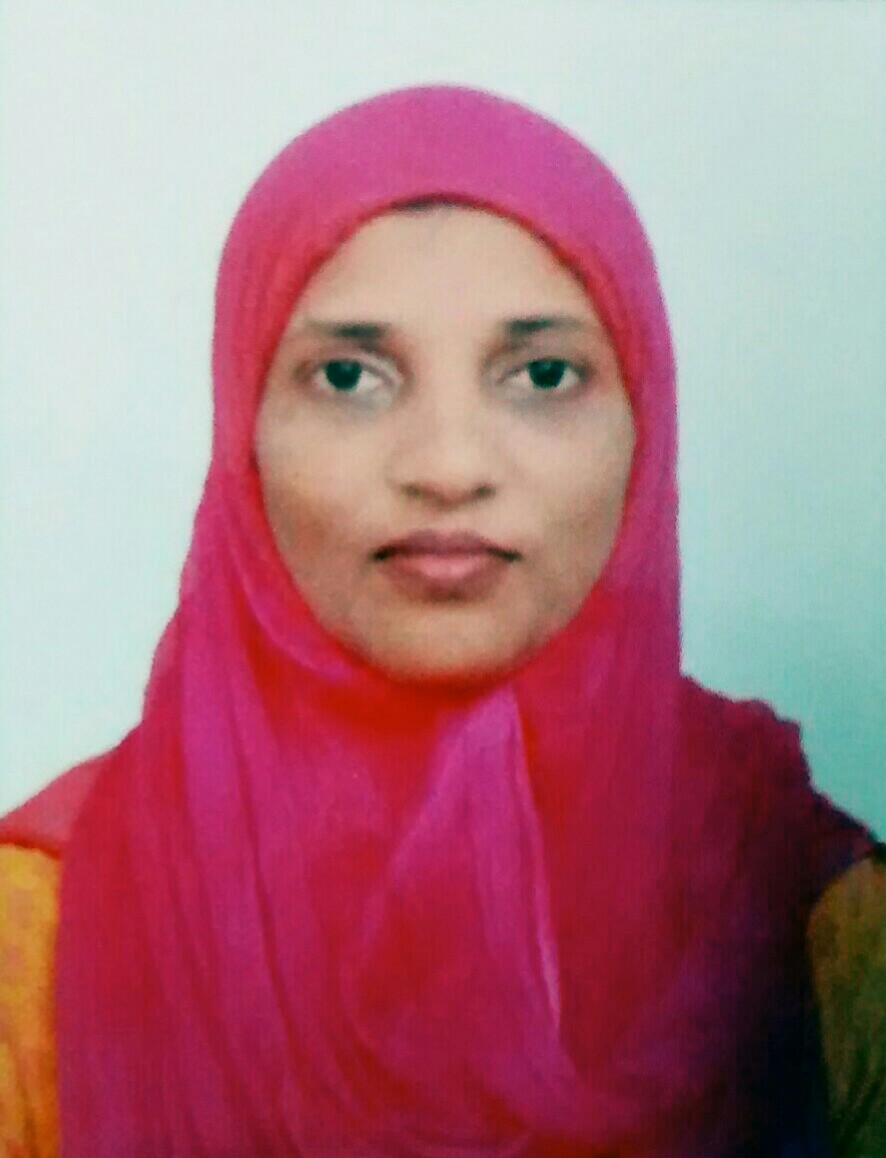
Biography:
Nasheed Imtiaz completed her Masters degree in Psychology from the Aligarh Muslim University 1996 and Ph.D. in 2000 in Organizational Behavior from the same Department. She did Diploma in Business Management from Institute of Charted Financial Analysts of India University, Tripura. Qualified Net in June 1997, June 1998 & Dec 1998. She taught at Senior Secondary School (Girls) for Two Academic Sessions and there after she joined the department of Psychology as Lecturer in 2002. At present she is teaching in the capacity of Assistant Professor in the department of Psychology. She has a no. of research publications in reputed journals. She has also been invited by different institutions to deliver invited lectures. She also has attended no. of National /International seminar/conferences where she presented research papers. At present She is devoted to her specialized area of Organizational Behavior, HRD, HRM in addition to her fields of interest viz., cognitive psychology, Psychopathology & research Methods.
Abstract:
In this modern competitive age, one must be careful about children’s psychological empowerment and academic achievement which is most likely to be determined by parenting style. It is imperative to dwell upon the fact that each parent must be cautious with regard to rearing practices that may make them capable for accepting challenges of life with full confidence, competency and efficacy, so that they could handle and master all situations easily. Hence, it is a pressing demand of time that we must deliberate on and search for best parenting style which could be most appropriate for developing psychological empowerment and getting success in their academic endeavors because these two aspects viz., psychological empowerment and academic achievement are the hall mark for the success in life. Hence, present investigation was undertaken to explore the impact of parenting style on psychological empowerment and academic achievement. In this investigation, N=300 high school students were chosen from Delhi and NCR. After administering the test on the participants and analyzing the data the results have been discussed in detail in full length paper in the light of Indian socio-cultural milieu.
Nasheed Imtiaz
Aligarh Muslim University, India
Title: Impact of parenting style on physiological empowerment and academic achievement

Biography:
Nasheed Imtiaz completed her Masters degree in Psychology from the Aligarh Muslim University 1996 and Ph.D. in 2000 in Organizational Behavior from the same Department. She did Diploma in Business Management from Institute of Charted Financial Analysts of India University, Tripura. Qualified Net in June 1997, June 1998 & Dec 1998. She taught at Senior Secondary School (Girls) for Two Academic Sessions and there after she joined the department of Psychology as Lecturer in 2002. At present she is teaching in the capacity of Assistant Professor in the department of Psychology. She has a no. of research publications in reputed journals. She has also been invited by different institutions to deliver invited lectures. She also has attended no. of National /International seminar/conferences where she presented research papers. At present She is devoted to her specialized area of Organizational Behavior, HRD, HRM in addition to her fields of interest viz., cognitive psychology, Psychopathology & research Methods.
Abstract:
In this modern competitive age, one must be careful about children’s psychological empowerment and academic achievement which is most likely to be determined by parenting style. It is imperative to dwell upon the fact that each parent must be cautious with regard to rearing practices that may make them capable for accepting challenges of life with full confidence, competency and efficacy, so that they could handle and master all situations easily. Hence, it is a pressing demand of time that we must deliberate on and search for best parenting style which could be most appropriate for developing psychological empowerment and getting success in their academic endeavors because these two aspects viz., psychological empowerment and academic achievement are the hall mark for the success in life. Hence, present investigation was undertaken to explore the impact of parenting style on psychological empowerment and academic achievement. In this investigation, N=300 high school students were chosen from Delhi and NCR. After administering the test on the participants and analyzing the data the results have been discussed in detail in full length paper in the light of Indian socio-cultural milieu.
- Poster Presentations

